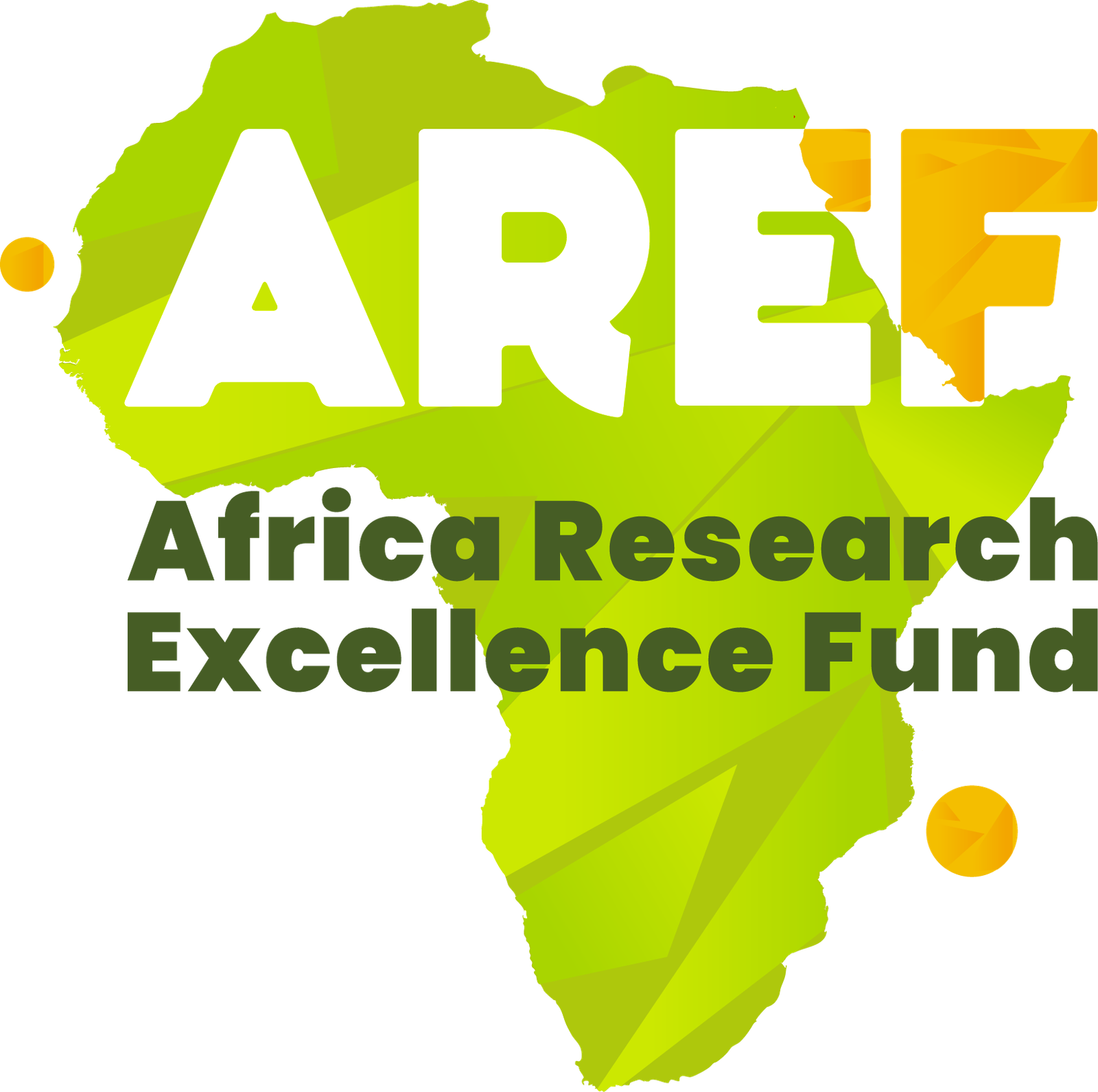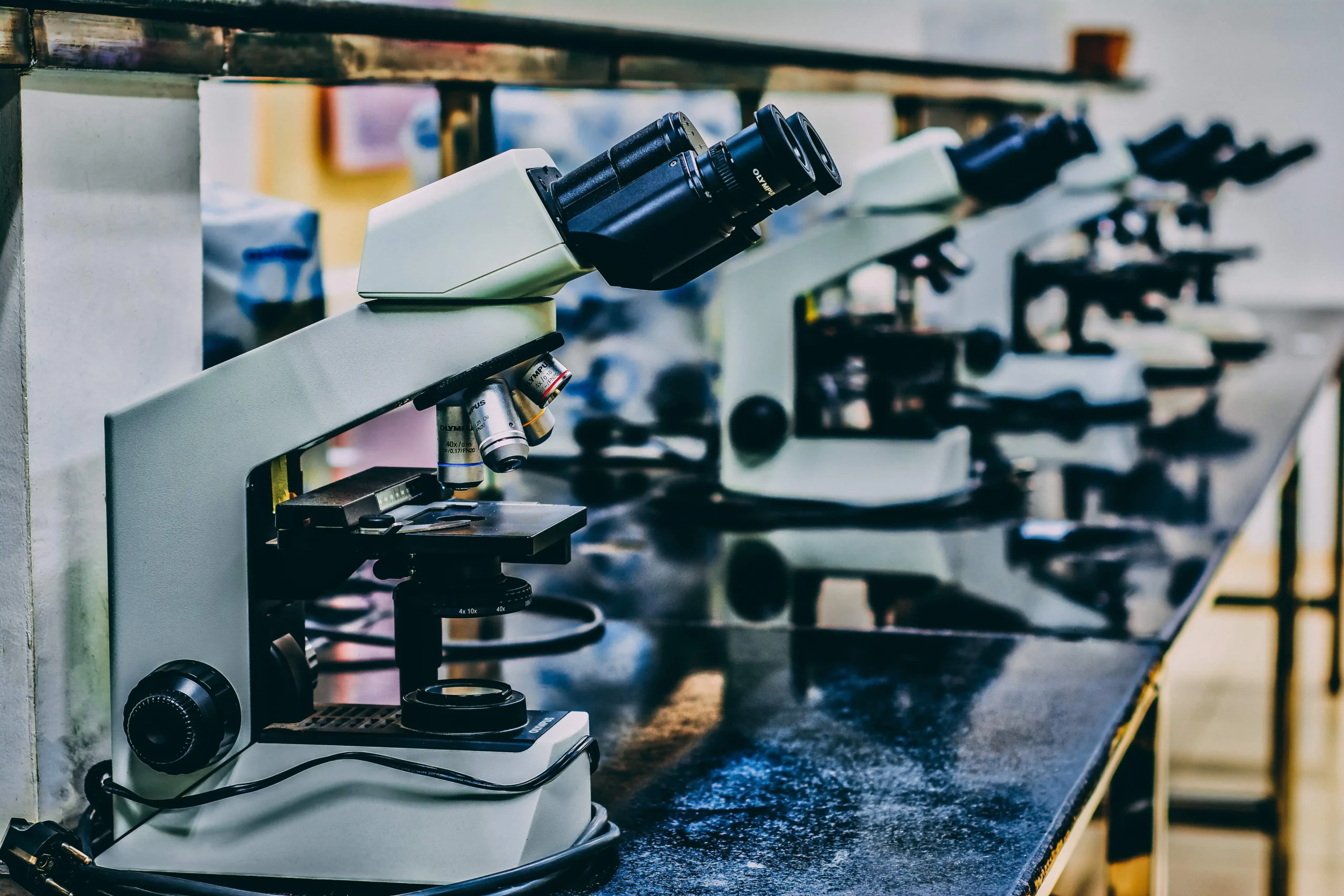Employing institution: University of Medical Sciences Ondo, Nigeria
Host institution: University of Coimbra, Portugal
Project title: Building research capacity in computational methods for drug discovery.
Dr Adewole has a background in Biochemistry, with special interest in Computational Biochemistry and Drug Discovery. He obtained his PhD from the University of Ilorin, Nigeria and is currently a Lecturer with the University of Medical Sciences (UNIMED) Ondo, Ondo State Nigeria.
AREF Fellowship:
Visceral Leishmaniasis (VL) is the most lethal parasitic disease after malaria. Current treatment drugs are limited by serious side effects and long duration of treatment. Efforts to validate novel drug targets have confirmed that inhibition of the enzyme Leishmania donovani N‑myristoyltransferase (LdNMT) offers a pragmatic route for the development of new drugs against VL.
Dr Adewole is intrigued if phytocompounds can inhibit LdNMT because of their diversity and centuries-long relationship with drug discovery. To do this, he will need to develop skills in computational methods for drug discovery during his fellowship. These skills will enable him to conduct high throughput study on natural databases for LdNMT inhibitors. This can finally lead to identification of lead compounds for the treatment of VL.
During his placement with Prof Jorge Salvador at the University of Coimbra, Portugal, Dr Adewole will learn how to construct and validate structure-based and ligand-based pharmacophore models, learn and perform molecular docking for the prediction of binding modes and affinities of compounds, understand and perform prediction of drug likeness of compounds, and learn how to conduct molecular dynamics simulation studies to validate hit compounds. He will also build his research network and eventually develop a major project research proposal.
After his placement, he plans to enhance Computational Biochemistry research capacity in Nigeria, especially at UNIMED. His sponsor and mentor at UNIMED will support his delivery of hands-on computational biology training and workshops for capacity building.
“Drug development efforts now use computational methodologies because they speed up and reduce the costs of the process which ultimately reduce the number of compounds for experimental validation”.



